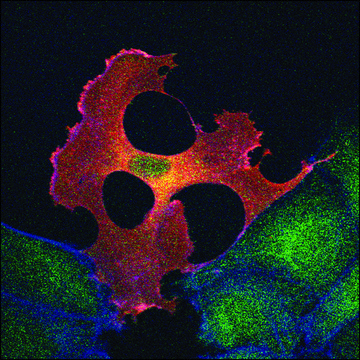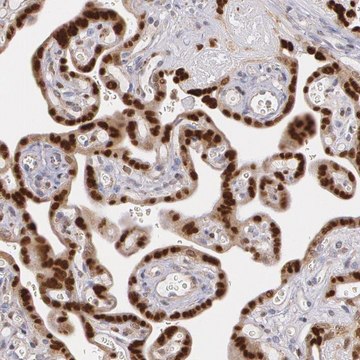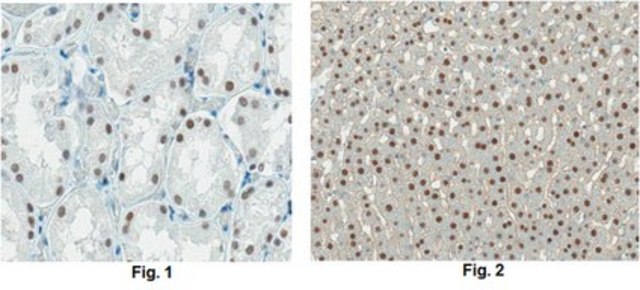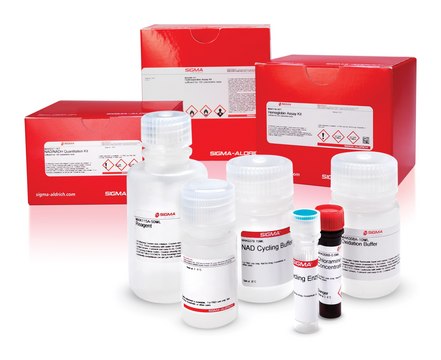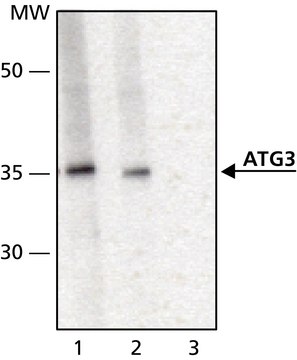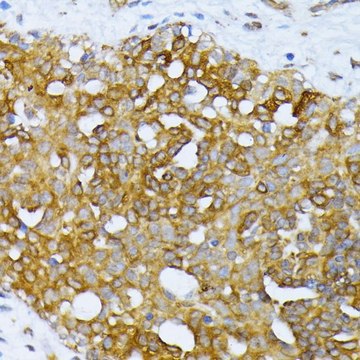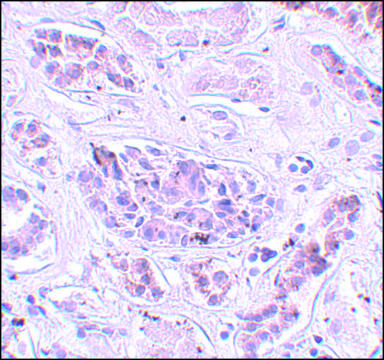MABN124
Anti-ATF-3 Antibody, clone 13A5.1
clone 13A5.1, from human(Recombinant)
Synonym(s):
Cyclic AMP-dependent transcription factor ATF-3, Activating transcription factor 3, cAMP-dependent transcription factor ATF-3
About This Item
Recommended Products
1 of 4
This Item | A3231 | SAB5700649 | SAB3500500 |
|---|---|---|---|
| biological source rabbit | biological source rabbit | biological source rabbit | biological source rabbit |
| antibody form affinity isolated antibody | antibody form affinity isolated antibody | antibody form affinity isolated antibody | antibody form affinity isolated antibody |
| Quality Level 200 | Quality Level 200 | Quality Level 100 | Quality Level 100 |
| conjugate unconjugated | conjugate unconjugated | conjugate - | conjugate unconjugated |
| clone polyclonal | clone polyclonal | clone polyclonal | clone polyclonal |
| species reactivity rat, human, mouse | species reactivity human, mouse, rat | species reactivity rat, mouse, human | species reactivity rat, human, mouse |
General description
Specificity
Immunogen
Application
Neuroscience
Neurodegenerative Diseases
Quality
Western Blotting Analysis: A 1:1,000 dilution of this antibody detected ATF-3 in 10 µg of THP-1 cell lysate.
Target description
Physical form
Storage and Stability
Other Notes
Disclaimer
Not finding the right product?
Try our Product Selector Tool.
Storage Class
12 - Non Combustible Liquids
wgk_germany
WGK 1
flash_point_f
Not applicable
flash_point_c
Not applicable
Certificates of Analysis (COA)
Search for Certificates of Analysis (COA) by entering the products Lot/Batch Number. Lot and Batch Numbers can be found on a product’s label following the words ‘Lot’ or ‘Batch’.
Already Own This Product?
Find documentation for the products that you have recently purchased in the Document Library.
Our team of scientists has experience in all areas of research including Life Science, Material Science, Chemical Synthesis, Chromatography, Analytical and many others.
Contact Technical Service
